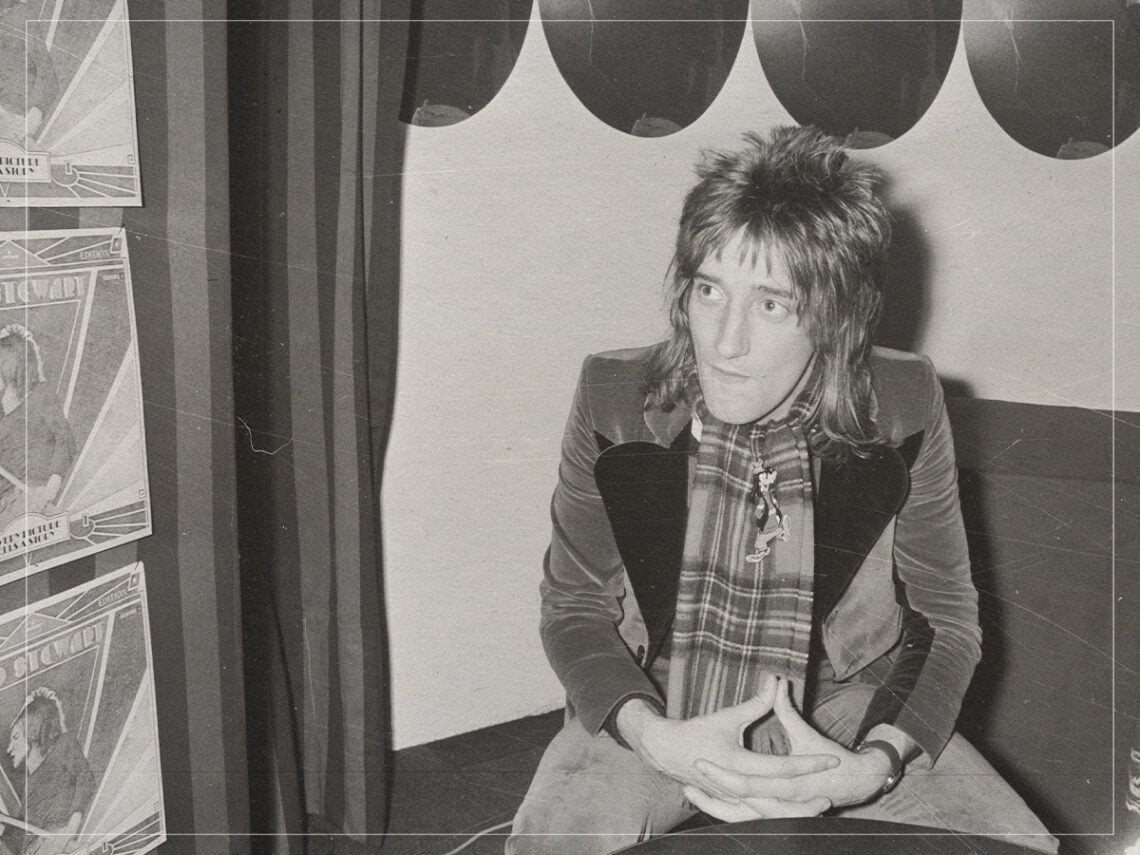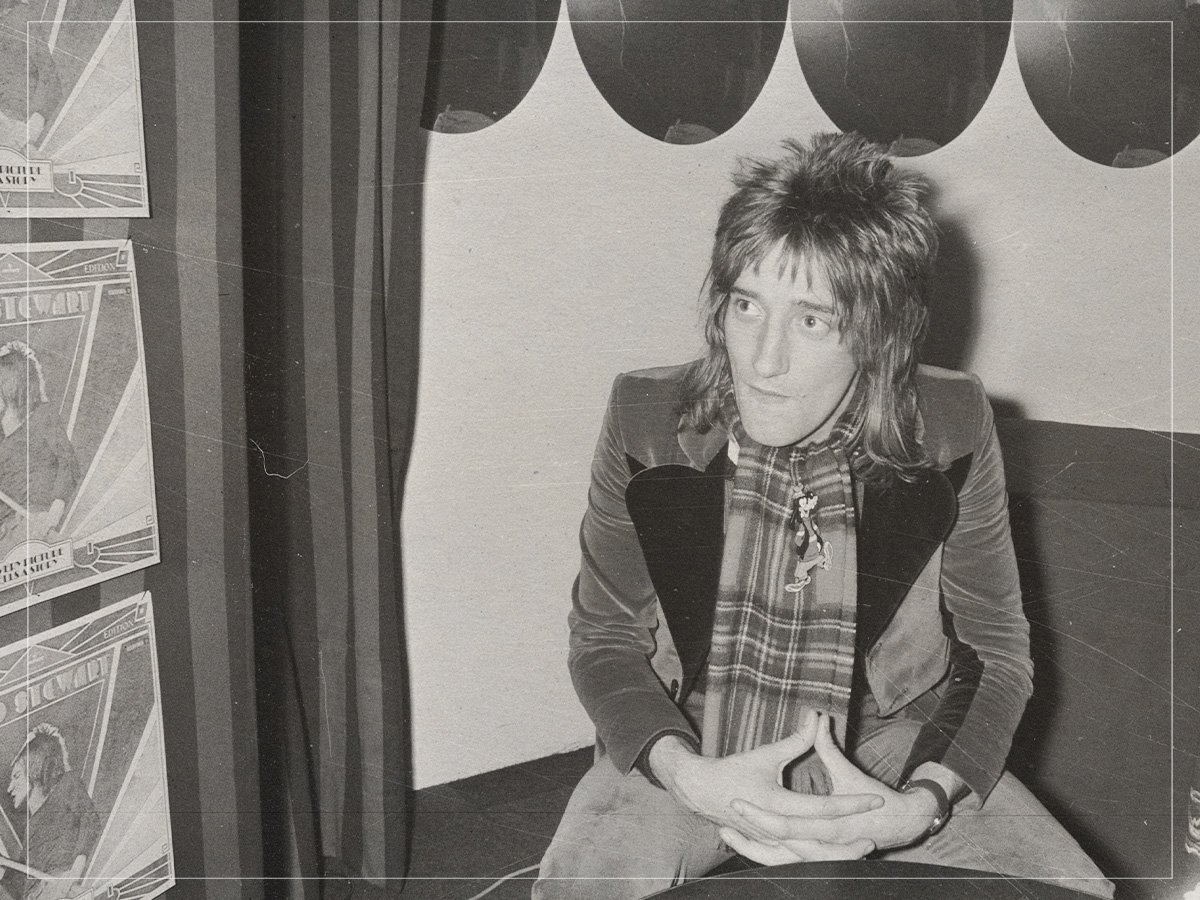
(Credits: Far Out / W. Punt / Dutch National Archives)
Mon 20 October 2025 18:00, UK
The song and character of ‘Maggie May’ is probably the defining moment of Rod Stewart’s breakout solo album Every Picture Tells a Story, if not his entire career. But there was another Maggie who played an essential role in the success of that 1971 record.
The rollicking title track of Every Picture Tells a Story, a six-minute retelling of a young man’s politically incorrect travels around the world in search of a good shag, is the first song on the record and quite similar in theme to ‘Maggie May’. Rather than hooking up with an older woman before heading back to school, though, Rod has travelled “on the Peking ferry” to the Far East, where he meets “Shanghai Lil”, a woman who doesn’t believe in birth control and is prone to showing her affection by biting the necks of young Brits abroad. Rod is very into it.
Because Mr Stewart was still 26 years old and a proper rock star with a unique set of raspy soul-singer pipes, the sexual escapade songs didn’t tend to offend back then. In the case of ‘Every Picture’, though, the delivery of the story was greatly aided by the inclusion of a backing singer who seemed uniquely capable of matching Stewart’s vocal heft and sass. This was Maggie Bell.
Best known at the time as the singer for the Glasgow blues rock outfit Stone the Crows, Maggie Bell wasn’t necessarily the obvious choice for a Rod Stewart duet. In rock history, the instinct has often been to pair a testosterone-fueled frontman with an angel-voiced popstress; a “beauty and beast” dynamic that tends to soften the one and toughen up the other to great effect. Maggie was no canary, though. On the contrary, she was routinely described with terms like “spitfire” and “powerhouse,” not to mention an almost official designation as “the Scottish Janis Joplin”.
According to Bell herself, though, Janis Joplin died in the autumn of 1970, just weeks before Rod Stewart started work on the Every Picture Tells a Story LP. As such, any idea of recruiting a young, Bessie Smith-style belter as a backing vocalist was now slightly limited. Fortunately, Maggie Bell answered the call and delivered the goods, jumping in three minutes into the title track to join Rod on the line, “she claimed that it just ain’t natural!”
Bell really shines harmonically when the song takes a brief acoustic aside as Rod gets self-reflective: “I firmly believed that I didn’t need anyone but me / I sincerely thought I was so complete / Look how wrong you can be.”
Then, of course, there’s the exuberant repetition of the song’s title, 24 times in all, at the end of the track, with Maggie matching every one of Stewart’s raspy soulful yelps, with the added baritone of Long John Baldry bringing the whole thing together.
Maggie Bell seemed primed for breakout stardom, but it didn’t play out that way. In 1972, Stone the Crows guitarist and Bell’s childhood friend Leslie Harvey was killed when he touched faulty electrical equipment on stage before a show. The band broke up shortly thereafter, and Bell’s solo career was hindered by behind-the-scenes struggles with her label Atlantic Records. Two albums’ worth of solo material recorded in the mid 1970s were never properly released, and the records she did put out, 1974’s Queen of the Night and 1975’s Suicide Sal, didn’t find a foothold.
Bell, now 80, still has a loyal following, however, and she has continued performing into the 2020s.
Related Topics

